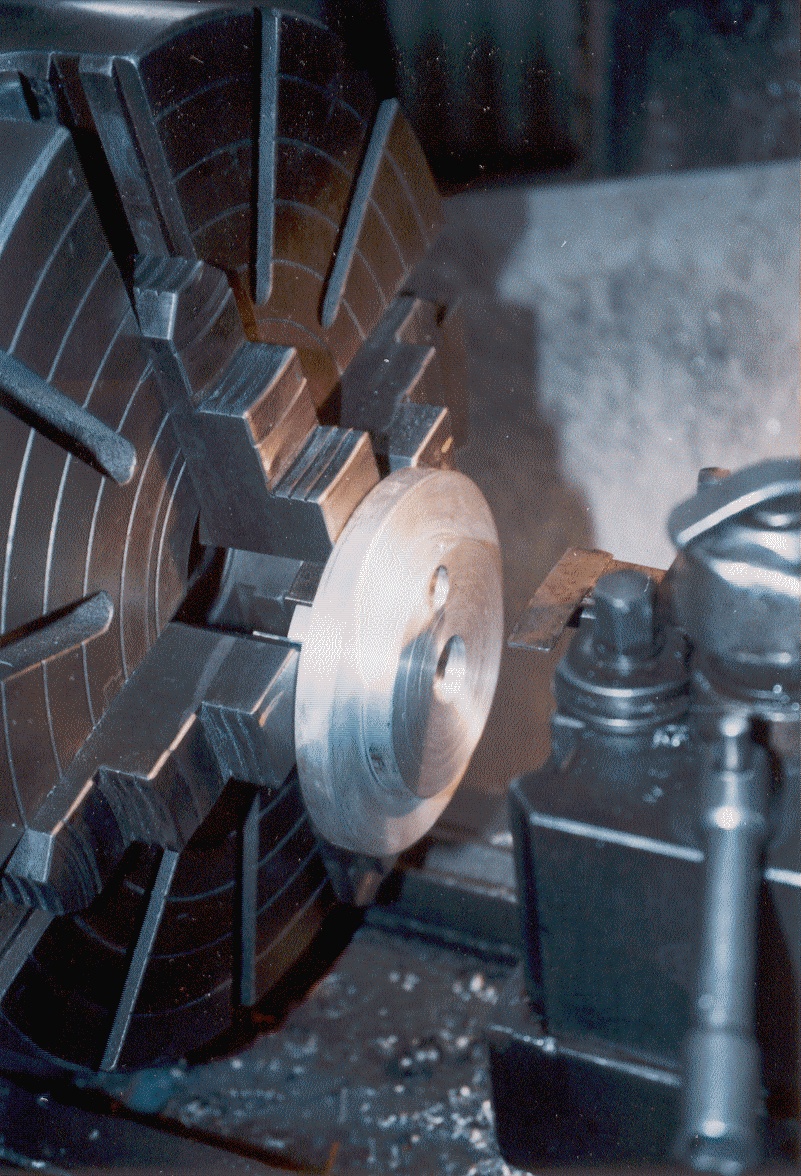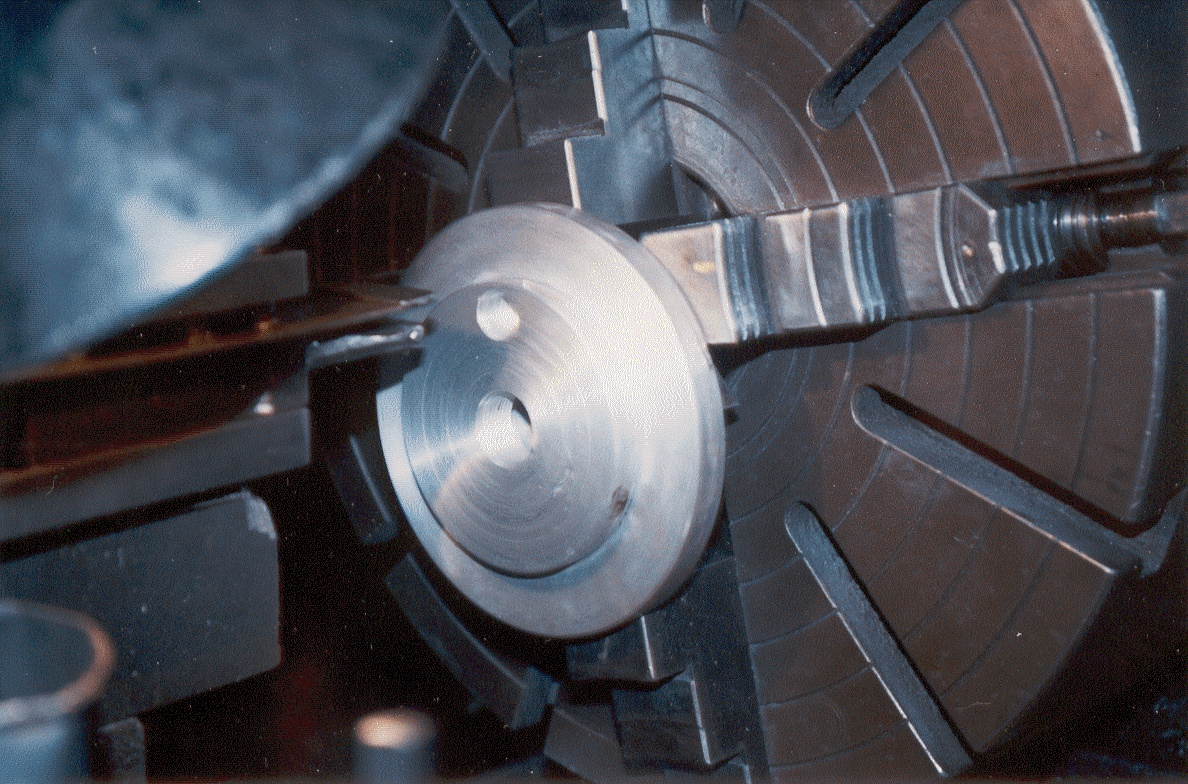Abstract |
Abstract |
La turbopompa a basso costo (O'LCTP) presenta notevoli potenzialità per la riduzione dei costi di sviluppo nei propulsori per impieghi spaziali. L’obiettivo primario dell’innovativo sistema di alimentazione consiste nel dimostrare che una coppia di turbopompe a basso costo possono conseguentemente ridurre, in maniera considerevole, il costo totale dei veicoli di lancio. Tutti i controlli sui materiali sono stati completati con successo e i primi test statici di accensione sono imminenti. In queste pagine, sono descritti le caratteristiche delle turbopompe O'LCTP. Verranno presentati i risultati dei test statici e dei futuri sviluppi. Negli ultimi 25 anni, sono stati sviluppati solamente 3 importanti propulsori LOx/LH: lo SSME statunitense, il Vulcain europeo e l'Le-7 nipponico. Ognuno di questi è stato realizzato seguendo requisiti legati principalmente all'ottenimento di prestazioni elevate piuttosto che economici. I costi di sviluppo sono di media intorno ai 2 miliardi di Euro, con costi di spinta che vanno dai 176 euro per libbra dello SSME ai 77 del motore Vulcain. Continui sforzi per tentare di contenere i costi nei propulsori esistenti ridisegnando i componenti chiave (come le turbopompe), sono stati eseguiti negli Usa senza ottenere particolari risultati soddisfacenti. Da diverso tempo, Orlandi sta cercando di diminuire la pressione delle camere di combustione adottando semplici cicli di funzionamento (come il gas-generator) e di abbassare i costi di produzione fino ad un ordine di grandezza di 3 euro per libbra.
|
The Orlandi’s Low-Cost TurboPump (O’LCTP) has significant potential for a dramatic reduction in the cost of launch vehicle propulsion. The overall objective of the project is to demonstrate that a low cost turbopump can substantially lower the cost of launch vehicles in the international space transportation market. All facility and hardware checkouts tests have been successfully completed, and initial hot fire testing is imminent. In this site, the essential design features of the Orlandi’s Low-Cost TurboPump are described. Results for the checkout testing and initial hot fire testing are presented, as are plans for continued testing and development of the O’LCTP. In the last twenty-five years, only three LOx/LH large booster engines have been developed by the free market economy nations. Each of these designs was driven by performance rather than by cost or schedule. Achieving high performance goals requires pushing the limits of technology, resulting in extensive technology and manufacturing development. The resulting engine designs were both complex and extremely costly to manufacture. Development costs averaged about $2.0B with engine recurring costs ranging from about $176/lbf thrust for the SSME to $77/lbf thrust for Vulcain engine. While continuous efforts have been underway in the US to reduce existing engine costs through redesign of key components (as turbopumps), these efforts have as yet not resulted in a significant reduction in overall engine cost. For some time, Orlandi has been advocating a shift to engine lower chamber pressures, simple cycles (as gas-generator), low parts count as a way to lower engine production costs by over an order of magnitude ($3/lbf).
|
Background |
Background |
Il primo lavoro eseguito da Orlandi è “Plasticized PVC Composite Propellant –First Report” pubblicato su diverse testate editoriali nazionali ed estere nel 1997. Questo propulsore rappresenta un importante passo in avanti nello sviluppo della turbopompa O’LCTP. E’ stato progettato per verificarne le prestazioni, per analizzare la stabilità di combustione e la durata del rivestimento ablativo in un formato ridotto di circa ¼ rispetto alle dimensioni di impiego reali. Il significato di questo primo report è di dimostrare la fattibilità di una mescola di propellenti solidi destinata ad essere impiegata nelle cartucce di avviamento iniziale della turbopompa O’LCTP.
|
Orlandi began its work with the “Plasticized PVC Composite Propellant –First Report” in the 1997’s. This test engine represents a critical step in the development of the O’LCTP. Its goal is to verify engine performance, combustion stability and ablative life at a quarter-scale motor size. The significance of this First Report is to demonstrate an understanding of the theory of solid fuelled rocket motors and to apply this theory in the design of a suitable solid propellant to be used in turbopump’s start cartridges.
|
Introduzione |
Introduction |
Orlandiproject è una organizzazione italiana nonprofit che ha lo scopo di facilitare l'esplorazione, lo sviluppo commerciale e la colonizzazione delle orbite terrestri. Il nostro fine è piazzare una capsula abitata su di un'orbita bassa terrestre entro l'anno 2010. Sappiamo che se il progetto fosse portato avanti nel modo monopolistico convenzionale, il risultato sarebbe ristretto e offrirebbe chances alle sole applicazioni governative o militari. Per accedere alle orbite terrestri, Orlandiproject, in collaborazione con le aziende Ebara (settore pompe industriali) e DMD di De Marco Donato (una locale officina meccanica), ha sviluppato un sistema di alimentazione denominato O'LCTP (Orlandi Low-Cost Turbopump), destinato a ridurre drasticamente gli attuali costi di tutte le attività spaziali. Nel nostro progetto sono incluse la realizzazione a basso costo ed il lancio di vettori spaziali, la produzione di endoreattori impieganti propellenti liquidi e, cosa più importante, lo sviluppo di capsule spaziali "economiche" per rendere agevole la colonizzazione delle orbite terrestri |
Orlandiproject is an italian nonprofit organization dedicated to facilitating the exploration, commercial exploitation and colonization of Earth’s orbits. Our goal is to place an inhabited spacecraft around low-Earth orbits by the year 2010. We realize that if this project were carried out in the conventional aerospace monopoly fashion, the resulting “government-run” base would definitely be restricted and would offer no place for the average non-governmental or non-military citizen. To make access to Earth’s orbits an attainable reality for a larger segment of Earth’s population, Orlandiproject, in conjunction with Ebara, a pump manufacturer, and DMD De Marco Donato, a local machine-shop, has developed a system named O’LCTP (Orlandi Low-Cost Turbopump) which will drastically reduce the current astronomical (and artificially inflated) costs of all space-based activities. Our plans include the low-cost construction and launch of space launchers, mass-production of low-cost expendable liquid boosters, drastically reduced satellite launch fees and, most important, the development of reasonably-priced manned spacecraft to facilitate human colonization of Earth’s orbits. |
|
|

